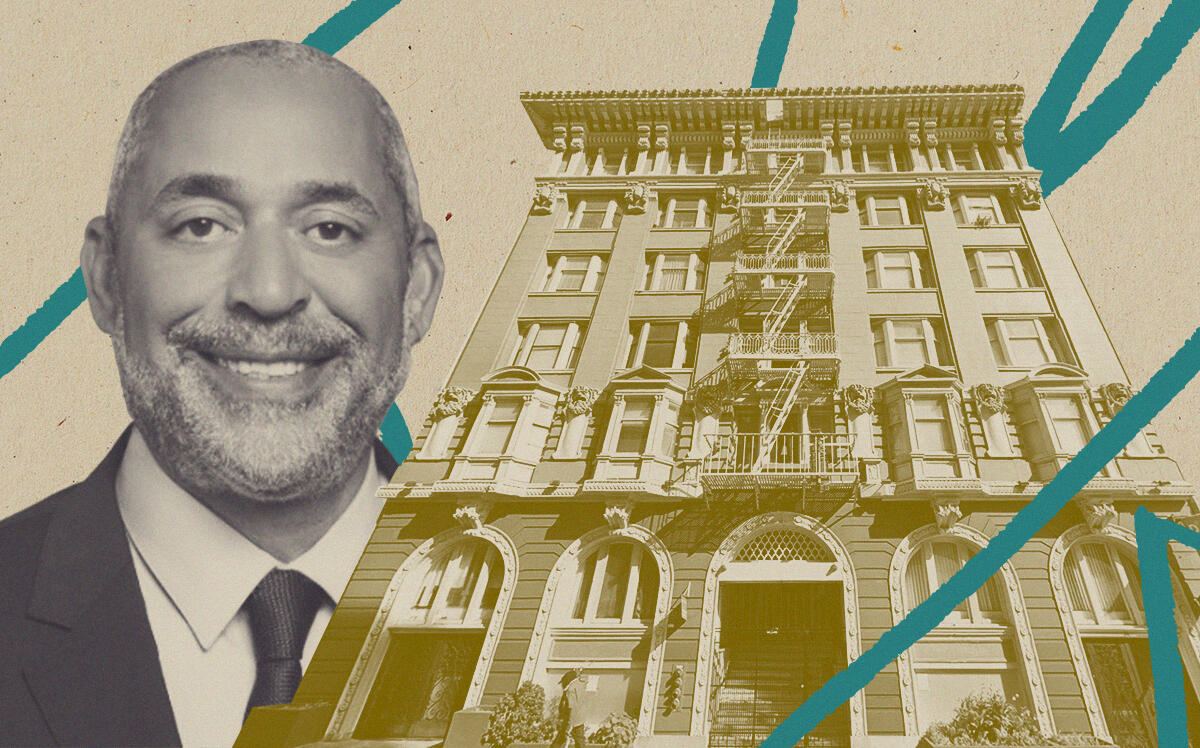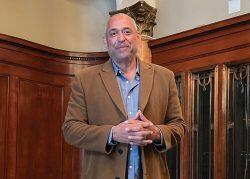Mosser Companies has defaulted on an $88 million loan tied to 12 apartment buildings with 459 units in San Francisco. The lender aims to sell the loan and properties.
An unidentified lender is now working to sell the troubled loan, and has hired Cushman & Wakefield to market the portfolio of buildings in the Civic Center, Downtown and South of Market, the San Francisco Chronicle reported.
Last month, occupancy at properties owned by the locally based apartment investor fell to 82 percent, while the $88 million loan was put up for sale to the highest bidder. Some 85 percent of the properties are in the Civic Center.
The distressed portfolio includes properties at 575 O’Farrell Street, 2360 Van Ness Avenue and 840 Van Ness Avenue, according to the Chronicle. The maturity date for the loan was not disclosed.
When the loan originated in 2018, the Mosser portfolio was 94 percent occupied and appraised at $154 million, a value expected to rise over the term of the loan.
Instead, Mosser and other San Francisco landlords have seen increased interest rates, lower occupancy rates and declining rents leading to lower property values after the pandemic.
The Mosser sale comes after Veritas Investments, once the biggest apartment landlord in the city, was forced to let go of a third of its rental properties after defaulting on more than $900 million in loans.
With an unopposed bid of $464 million last month, Toronto-based Brookfield foreclosed on 76 Veritas apartment buildings, totaling 2,150 homes. The price comes out to $216,000 per unit. Prado Group, accepting a deed in lieu of foreclosure, picked up another Veritas portfolio of 20 San Francisco buildings for $124 million.
Multifamily properties, once considered a safe bet for investors, now carry substantial risk.
“San Francisco has gone through a wave of distress in real estate because of the economic upheaval resulting from the COVID years. And while the market reset is in play, an enormous amount of real estate debt is coming due, creating a push to refinance loans that were originated pre-pandemic,” an unidentified Mosser spokesperson told the Chronicle.
“This also comes at a time when both general vacancies and interest rates are historically high.”
Across the nation, $2.6 trillion of real estate loans will come due through 2028, according to an estimate by the Mortgage Bankers Association.
In San Francisco, more than $1 billion in commercial mortgage-backed securities loans tied to apartments will come due before then.
Nigel Hughes, senior director of market analytics for CoStar, warned the maturing CMBS loans are a small fraction of the debt that’s coming due in San Francisco. While CMBS loans account for 3 percent of multifamily loans, most loans are held by regional banks or government sponsored entities such as Fannie Mae and Freddie Mac.
Landlords who assume short-term or floating-rate debt with a variable interest rate are especially in trouble, according to John Drachman, co-founder and head of capital markets for Waterford Property, based in Newport Beach.
“Unfortunately for them, the interest rates on those rose dramatically, as interest rates rose across the board, and they’re unable to service those loans now,” Drachman told the Chronicle.
He said an outmigration of people, increasing operating expenses and the city’s eviction moratoriums and rent increase moratoriums are “wreaking havoc on certain multifamily projects.”
Nathaniel Touboul, a real estate partner at law firm Allen Matkins, said apartment properties in San Francisco have been hit with a “triple killer” — increased interest rates, lower occupancy rates and declining rents.
He said the current situation in San Francisco represents a “changing of the guard,” with new groups buying into the market at major discounts.
“What is happening right now is really an illustration of and a reminder that, ultimately, San Francisco is a boom-and-bust city, and real estate is cyclical in nature,” Touboul told the Chronicle.
— Dana Bartholomew
Read more



